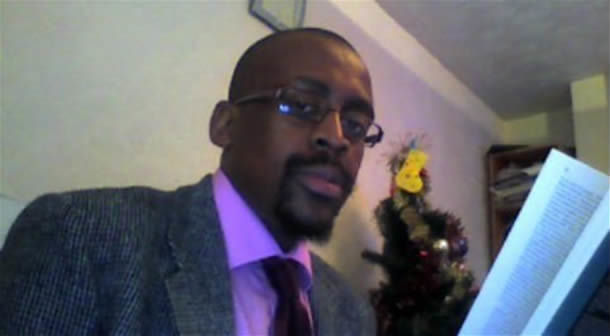Empty pharmacy and hospital shelves are so common in Malawi that a phrase has been coined to describe them: ‘stock-outs’. However, few would have expected a president to be affected, until the recent death of President Bingu wa Mutharika.
Most presidents in Africa do not die in their own hospitals. They die in Europe or in posh private hospitals in South Africa.
In Malawi, for the past three years accessing basic medicines has been a challenge for poor people. Going to hospitals is a big decision as people do not expect to find medicines most of the time. Half the time most of the shelves at public hospitals are empty and even the most basic drugs for treating malaria and other common diseases are scarce.
But who would have thought that this would also be an issue for a president? Nobody until President Bingu wa Mutharika the late president of Malawi died of a cardiac arrest after being taken to the main hospital in the capital city Lilongwe. The story is that the doctors could not get him basic adrenaline for him to be revived before being flown to South Africa.
One wonders how many poor people suffer the challenge of not only failure to access medicines, but failure to access their basic right to health services.
For most poor men and women, dying at the front gates of hospitals due to lack of medicines is nothing new. Malawi is one of the poorest countries in the world, with more than half its population living on less than a dollar a day. There has been a campaign to make access to essential medicines a reality for all. In 2004, the Malawi government introduced an Essential Healthcare Package (EHP), to ensure that people had a cost-effective package of essential health services covering 11 common diseases, including malaria and HIV and AIDS. Medicines were supposed to be free at the point of delivery in public hospitals and clinics. However, for this to be possible one needed a strong government funding and strong civil society programmes to track budgets for medicines.
In rural areas improving access to basic health services for poor and vulnerable groups is a crucial step to overcoming poverty. However, despite the government’s recognition of the importance of this issue, drug shortages and long periods when no medicines are available (known as drug ‘stock-outs’) are still being experienced in Malawi on a regular basis in rural clinics. And, as has been shown recently, even in major public hospitals.
The lack of free essential medicines in government clinics and hospitals is due to a combination of poor investment in personnel and infrastructure, inadequate resources, and corruption and mismanagement. These issues need to be examined and acted upon by those responsible, including the Ministry of Health (MoH), the Central Medical Stores (CMS, the national pharmacy of the MoH), and district health officers.
The case of the dead president re-ignites the importance of civil society engagement in order to ensure that the government budget has adequate provision for essential medicines and that people in rural clinics can question if these medicines are not available.
Donors can also play a part too – to support countries like Malawi realise their MDGs on health, so that medicines can be found in local clinics and in major public hospitals too – for free!
Dr. Joshua, from Dowa District Hospital reports: ‘Medicines are a big challenge. We have a lot of gaps. When you come to treat patients it’s frustrating when you find that what you were supposed to prescribe is unavailable.’
It’s even more frustrating for the patients themselves, for whom the journey to and from hospital will have incurred great costs in terms of out of pocket expenditure and loss of income. If the required medicine is not available then these costs will have been incurred in vain.
Grounding active grassroots involvement and building active citizenship are still challenges in Malawi as most ordinary Malawians are still not sure of their rights. In addition, in districts where hospitals have never been challenged regarding their use of resources, it is very difficult to work with the community and the hospitals to promote change. There needs to be some degree of openness on the part of hospitals, willingness by local people to engage, and a degree of capability among community members in order to initiate an effective campaign. But since health is a human right and is key to achieving MDGs, international support is needed to ensure ordinary people can access medicines in Malawi (and other poor countries). This is also where international organisations should continue working with people on the ground – to build their capacities to demand their rights and to push their governments for good policies, coupled with a demand for accountability on how resources poured into the health sector are used.
For Malawi, the battle by civil society for poor people to access medicines has to continue or be resuscitated at all levels.

.jpeg&w=60&q=100&h=60)




.jpeg&w=60&q=100&h=60)





